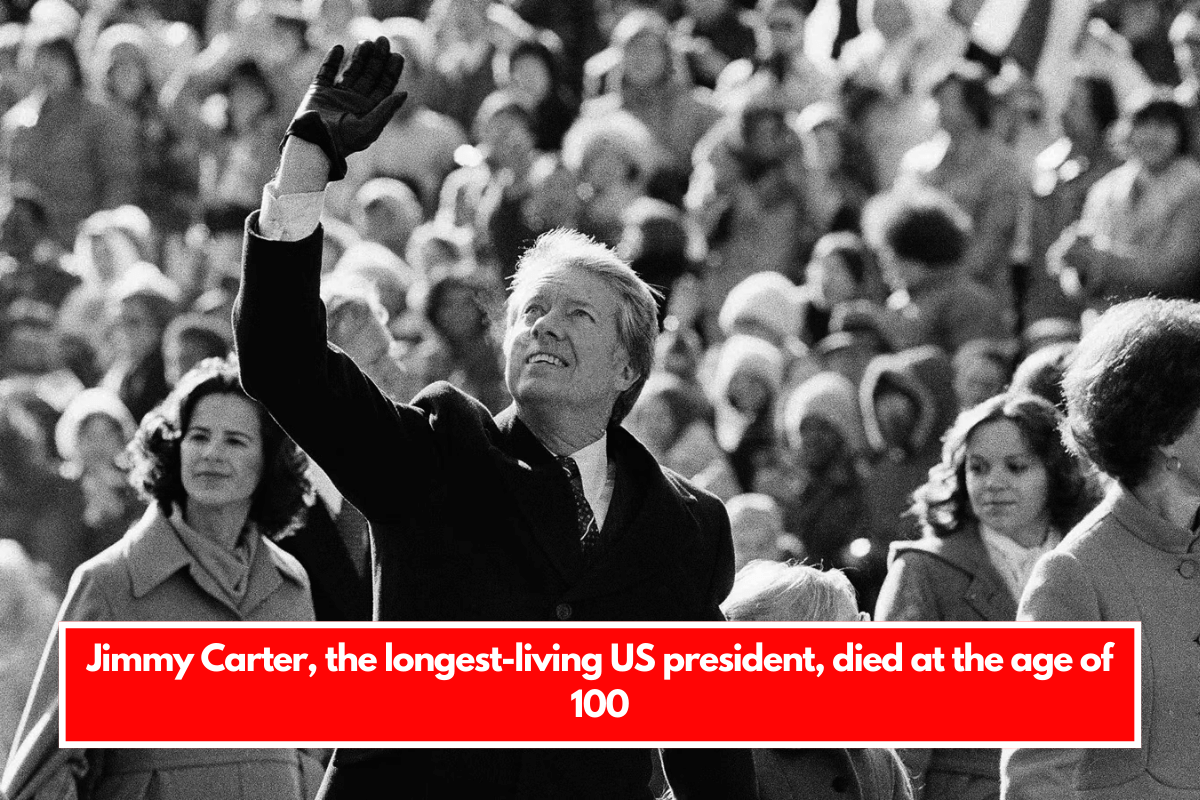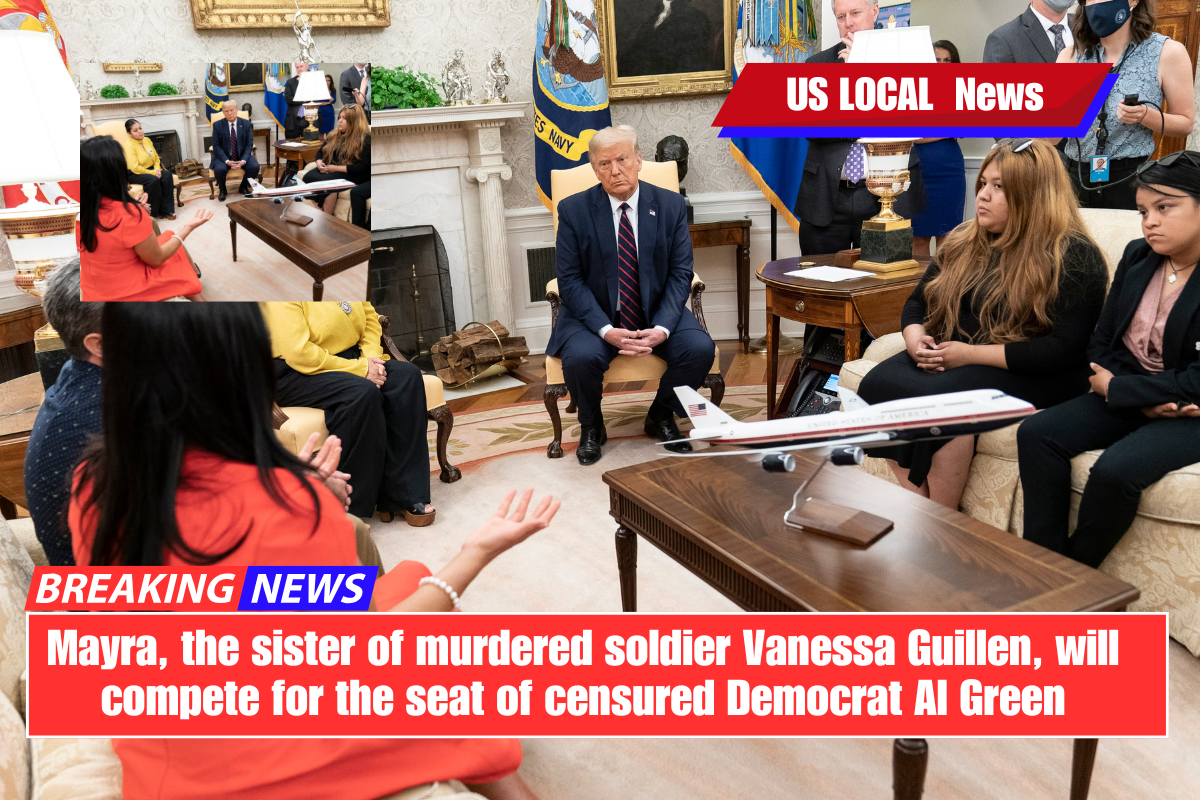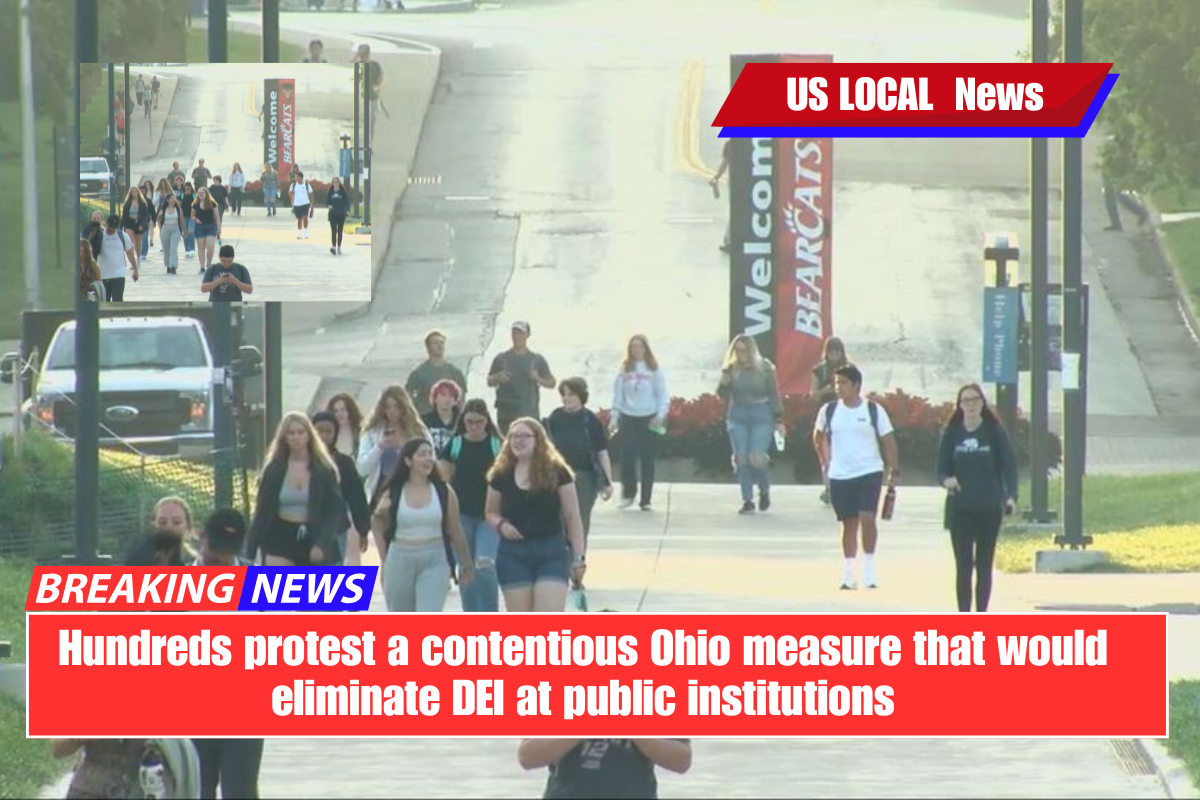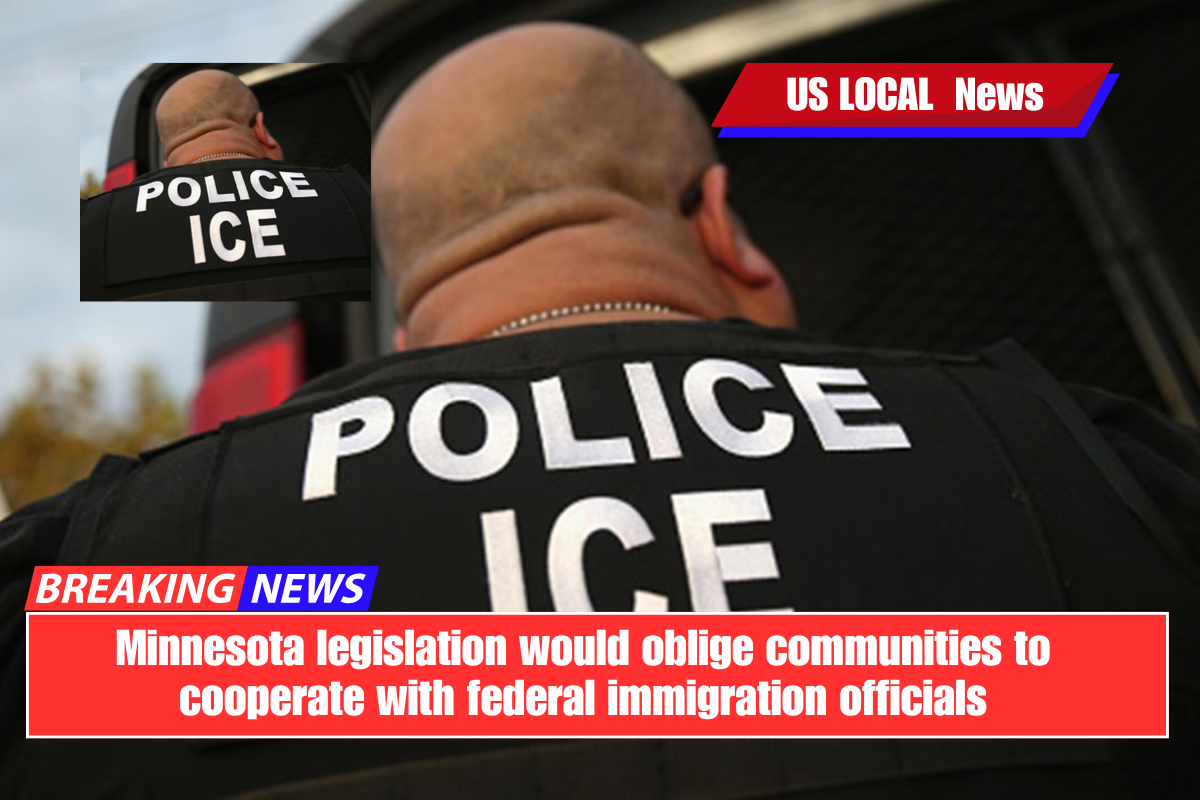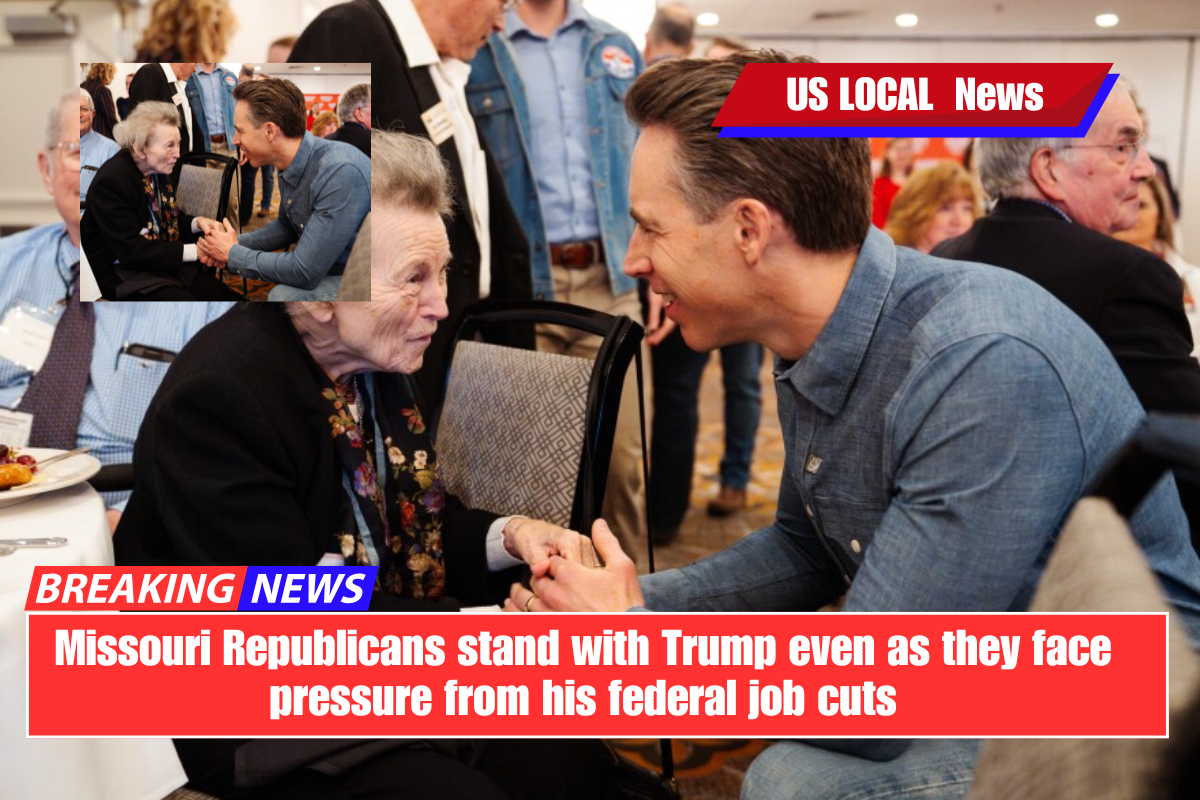Jimmy Carter, the 39th president of the United States, a broker of peace in the Middle East during his presidency, and a tireless advocate for global health and human rights, died on Sunday, according to reports. He was a hundred years old.
“My father was a hero, not only to me, but to everyone who believes in peace, human rights, and unselfish love,” said Chip Carter, the former president’s son, in a statement.
“My brothers, sister, and I shared him with the rest of the world through our shared beliefs. Because of the way he brought people together, the world has become our family, and we thank you for carrying on his legacy by living these shared beliefs.”
Carter, a Georgia Democrat, was the longest-living president in US history. He only had one term in the White House and was soundly defeated by Ronald Reagan in 1980. However, Carter spent the following decades focusing on international relations and human rights, which earned him the Nobel Peace Prize in 2002.
Carter had previously been hospitalized, and his family announced on February 18, 2018, that he had chosen to “spend his remaining time at home” in hospice care and with loved ones. According to a family statement, the decision had “the full support of his family and his medical team”.
President Joe Biden declared 9 January a national day of mourning on Sunday, urging Americans to “pay homage” to the late US leader by visiting their places of worship.
Rosalynn Carter, Carter’s wife, died last November, two days after her own admission to hospice care. The former first lady was 96. The couple married in 1946, and the former president traveled from their longtime home in Plains, Georgia, to Atlanta’s Glenn Memorial Church for her memorial service.
Jason Carter, the Carters’ eldest grandchild, stated in a media interview in June of this year that the former president was not awake every day but was “experiencing the world as best he can” as his days were coming to an end.
Carter took office in 1977 as “Jimmy Who?”, a one-term Georgia governor and devout Christian whose unfamiliarity with Washington was regarded as a virtue following the Watergate and Vietnam wars.
Economic and foreign policy crises, beginning with high unemployment and double-digit inflation and culminating in the Iran hostage crisis and Soviet invasion of Afghanistan, dashed Carter’s presidential hopes. Between 1978 and 1980, the price of oil tripled due to a rolling energy crisis, resulting in long lines at gas stations in the United States.
Such struggles belied the initial promise. Carter completed a treaty that had eluded his predecessors in 1977, returning control of the Panama Canal to the host country. Carter brought together Israeli Prime Minister Menachem Begin and Egyptian President Anwar Sadat at Camp David in 1978 to negotiate a deal that resulted in lasting peace.
Republicans dubbed Carter “Jimmy Hoover” after the Depression-era president due to his unsuccessful attempts to halt the economic slide. But as Carter prepared to run for re-election in 1980, the Iran hostage crisis weighed most heavily on Americans’ minds, with TV anchor Ted Koppel devoting five days a week to the plight of 52 Americans detained in Tehran.
A botched rescue attempt killed eight US servicemen and raised doubts about Carter’s leadership.
Reagan, a former California governor, carried 44 states. The hostages were released on January 20, 1981, hours after Carter left office, sparking speculation that Republicans had reached an agreement with Iran.
Carter, who was widely unpopular at the time, went on to become not only the longest-serving president, but also one of the most distinguished post-presidential figures. He received the Nobel Peace Prize for “decades of untiring effort” for human rights and peacemaking. His humanitarian work was carried out through the Carter Center in Atlanta, which he co-founded with Rosalynn in the early 1980s.
Carter traveled the world as a peace emissary, election observer, and public health activist. He visited North Korea in 1994 and Cuba in 2002. The Carter Center is credited with assisting in the cure of river blindness, trachoma, and Guinea worm disease, which had millions of cases in Africa and Asia in 1986 but now has only a handful.
Carter criticized the 2003 Iraq invasion, drone warfare, warrantless government surveillance, and the Guantánamo Bay prison. He earned both admiration and scorn for his contributions to Middle East peace efforts, urging a two-state solution in speeches and books such as Palestine: Peace, Not Apartheid.
He met Israel’s then-president, Shimon Peres, during a 2012 trip to Jerusalem, but top Israeli leaders generally shunned Carter after the book was published. As recently as 2015, requests to meet with the prime minister and president were denied.
Carter was a pioneer in alternative energy, installing solar panels on the White House. He also played an important role in promoting Habitat for Humanity, which provides housing for the needy. (Reagan removed them.)
The Carters had four children and eleven grandchildren, including James Carter IV, who is credited with playing a critical role in the 2012 election by uncovering a video of Mitt Romney disparaging 47% of Americans.
James Earl Carter Jr. grew up in Plains, Georgia, a town of less than 1,000 people located about 150 miles south of Atlanta. He graduated from the United States Naval Academy and rose to the rank of lieutenant, working on the nascent nuclear submarine program.
After his father’s death in 1953, he began peanut farming. He was elected to the Georgia Senate and later became governor in 1970, calling for the state to move beyond racial segregation.
Carter’s combination of moral authority and folksy charisma resulted in moments of unusually candid national discourse. In 1979, he spoke for half an hour about a “crisis of confidence” – “a fundamental threat to American democracy … nearly invisible in ordinary ways”.
He claimed that Americans had fallen into a worship of “self-indulgence and consumption,” only to discover that “accumulating material goods cannot fill the emptiness of lives devoid of confidence or purpose.”
Carter’s popularity increased by 11 points after his speech. However, after Reagan and others reframed it as a self-indulgent exploration of personal angst, the speech became problematic.
In 1979, James Fallows, a former Carter speechwriter, wrote that the president struggled to generate excitement but “would surely outshine most other leaders in the judgment of the Lord”.
Carter outlived the two presidents who succeeded him: Reagan and George HW Bush.
There will be public ceremonies in Atlanta and Washington, DC, followed by a private interment in Plains, Georgia. Carter’s state funeral, which will include all public events and motorcade routes, is still pending.

